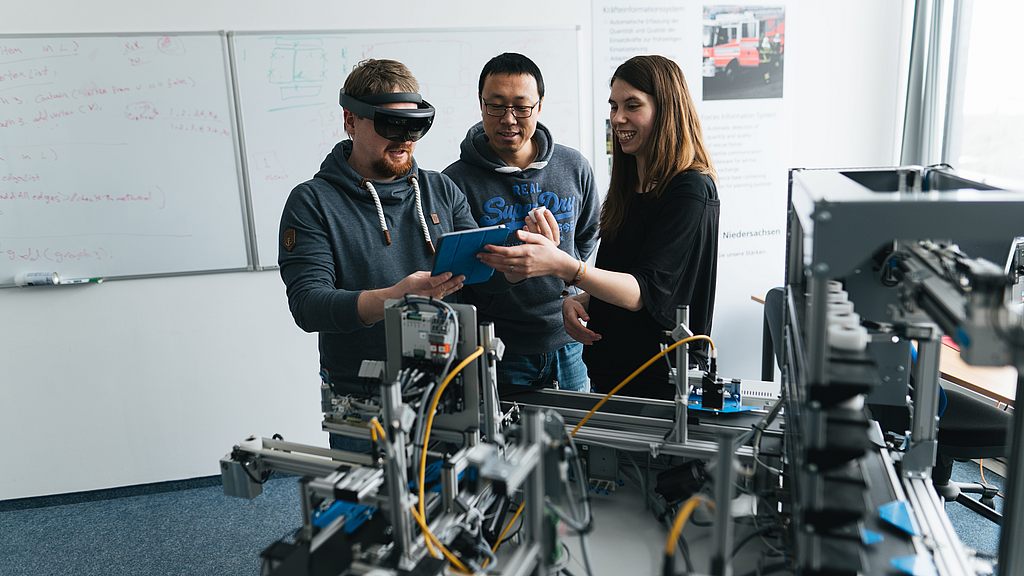ExplainReality
Background. Electronic waste (e-waste) recycling is facing significant challenges due to its low recycling rates and increasing volume. The global demand for electronic devices is rising, leading to a continuous growth in e-waste generation. This trend exacerbates existing environmental and resource management concerns. One of the primary obstacles in e-waste recycling is the complexity of waste streams. The diverse composition of electronic components requires specialized handling and sorting, often necessitating human intervention. Manual processing is labor-intensive and costly, making automation a critical area of improvement. Furthermore, e-waste contains both valuable and hazardous materials. Precious metals such as gold, silver, and palladium are found in circuit boards, while toxic substances like lead, mercury, and cadmium pose environmental and health risks. Efficient separation of these materials is essential to maximize resource recovery while minimizing ecological impact.
Project Description. This project aims to tackle these challenges by developing a mixed reality system that enhances e-waste sorting. The system assists workers in accurately identifying components, enabling both experienced sorters and newcomers to quickly achieve a high level of proficiency. This improves efficiency, safety, and material recovery in e-waste recycling. To achieve this, students will learn to integrate state-of-the-art segmentation and object detection models into a real-time mixed reality environment. They will develop solutions that seamlessly process live-streamed data, overlaying AI-driven insights onto the user’s real surroundings to support decision-making in the sorting process.
Tasks:
- Implement segmentation and object detection models for real-time video stream processing.
- Design and develop a user interface for an inverse mixed reality setup.
- Build a functional demonstrator using Meta Quest 3 hardware.
- Train and optimize detection models for a specific e-waste classification task.
- Collaborate in an agile, international student team to develop and refine the system.
Requirements:
- Experience with programming in Python and relevant libraries such as scikit-learn, TensorFlow, or PyTorch, especially in the computer vision domain
- Fun to develop technical products that involve cool hardware
- Independent working style, team spirit, and analytical thinking skills
